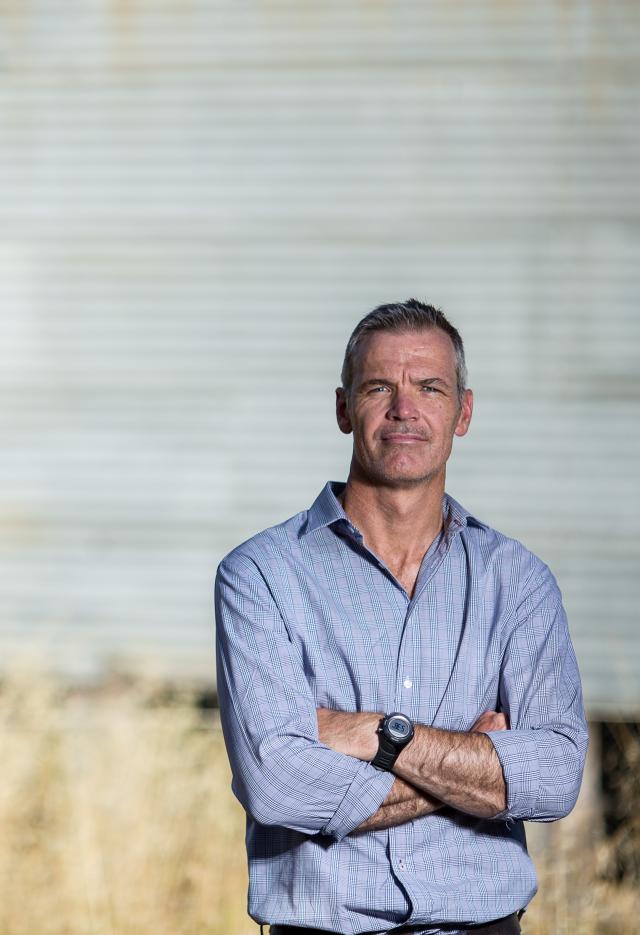VIETNAMESE workers will likely be the first cohort of Ag Visa holders working on farms with the Federal Government confirming the south east nation as the first country to partner on the Visa.
National Farmers Federation (NFF) chief executive Tony Mahar said the development was hugely positive news for the agriculture sector.
“The partnership with Vietnam signals the practical beginning of the Ag Visa, an initiative led by the NFF,” Mr Mahar said.
“Vietnamese Ag Visa holders will certainly be welcomed arrivals to farms and regional communities across Australia.”
Mr Mahar said a significant amount of Australian grain, beef and horticulture products was exported to Vietnam and it was a great continuation of that relationship to have Vietnamese Ag Visa holders working on Australian farms.
The Ag Visa, announced by Minister for Agriculture David Littleproud in September last year, will widen the recruitment opportunities for an uncapped number of low to highly skilled workers.
The concept was conceived by the NFF and its members in 2016 to address the sector’s dire workforce challenges, which have been made worse by Covid travel restrictions.
The Ag Visa, designed to meet the labour requirements of farmers, will allow family farmers, which make up the lion’s share of Australian agriculture, to recruit the workers with the skills they need, for the time they need them.
Crucially, only accredited farmers will be able to access the Visa.
“From the inception of the visa, the NFF has prioritised measures to ensure workers have a positive experience on farm,” Mr Mahar said.
Mr Mahar said Australian agriculture and the growth of the regions was being curtailed by an inadequate farm workforce.
“During the tough economic times of the past two years, farmers have continued to put food on supermarket shelves, support jobs and contribute significantly to the nation’s GDP.
“The Ag Visa is a key part of a suite of measures needed to address agriculture’s workforce shortage and to ensure our sector meets its $100-billion-by-2030 target.”








